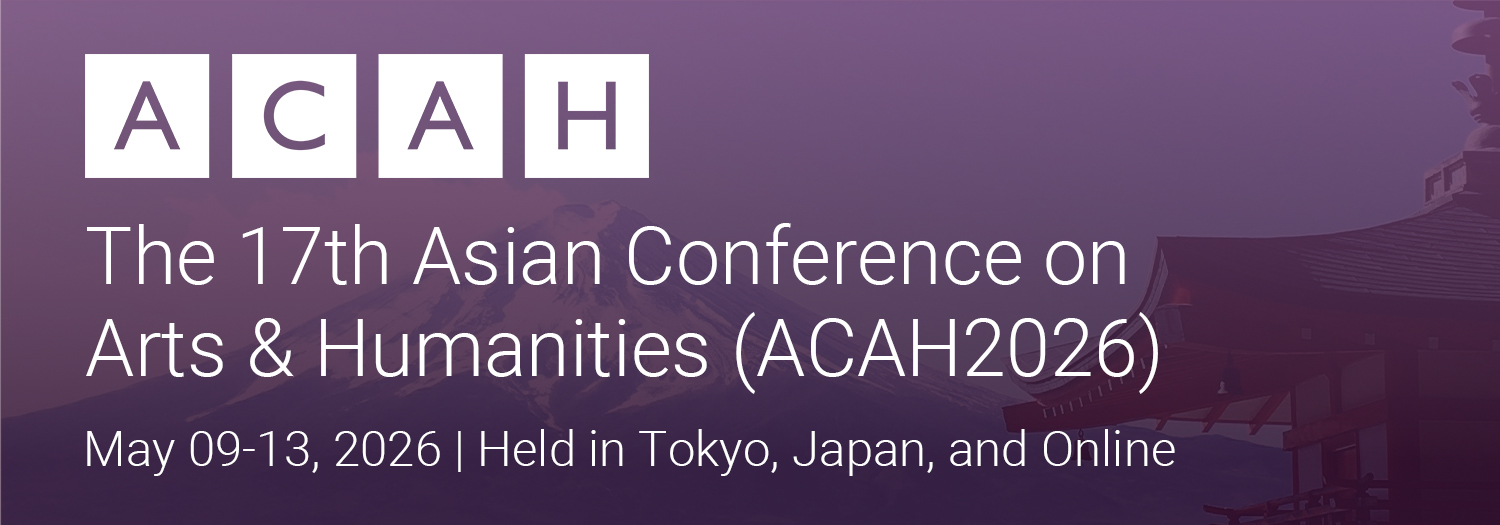The study is based on a sustainability-oriented workshop with a public-private partnership context held in central Japan during the COVID-19 pandemic. This research focuses on workshop planning, execution, and follow-up processes in response to the turbulence. A thematic analysis approach is employed to interpret data from different sources including, documents, meeting drafts, workshop interactions among stakeholders, debriefing sessions, questionnaires, and fieldwork findings of participants. The results reveal that interactions among stakeholders enhanced awareness of knowledge gaps, fostered effective communication, enabled knowledge extension, and created shared values. The findings improve our understanding of academics’ roles in collaborative settings. The study uses a multi-node knowledge link model to explore the interactions among stakeholders. Finally, the study draws implications for academic institutions, industry partners, and policymakers to attain the regional sustainability goals during the COVID-19 pandemic and beyond.
Academia and Regional Sustainability in the Age of Pandemic

